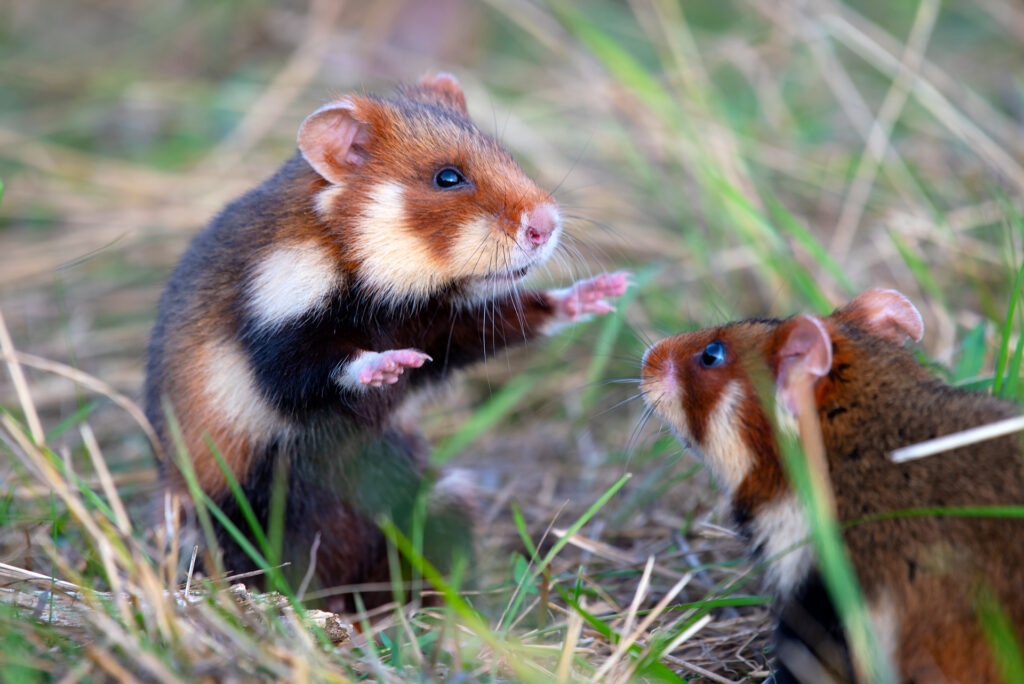The Rewilding Ukraine team have been carrying out efforts to restore the Tarutino Steppe since 2019. A social study carried out recently by the team found widespread support for rewilding among the residents of Borodino, a community which owns the steppe. The results of the study will help to guide future engagement as rewilding scales up.
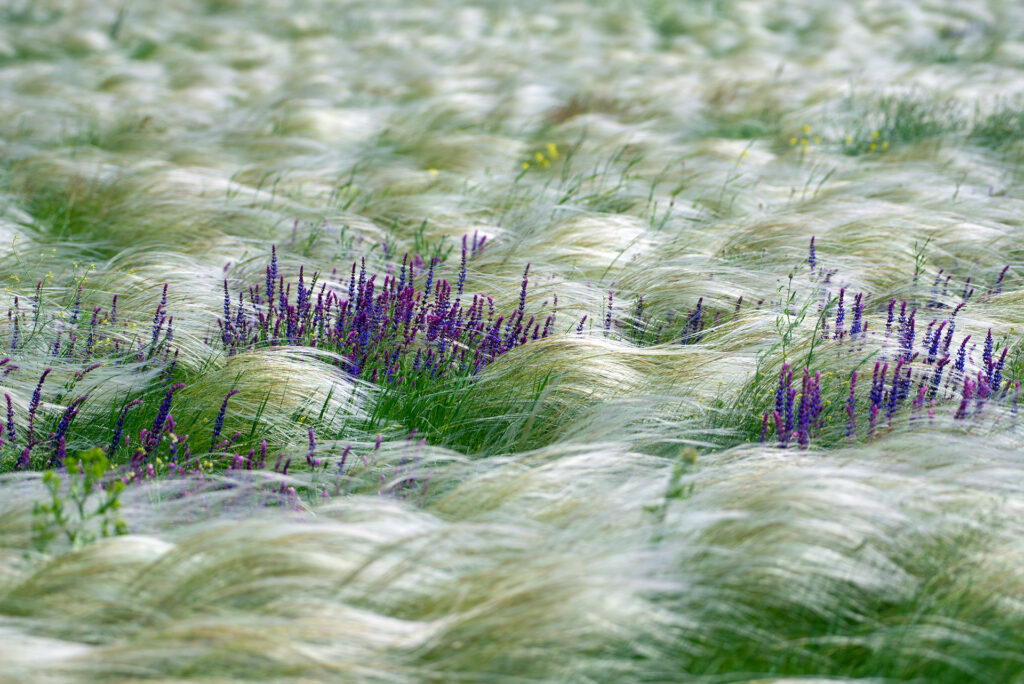
The community connection
The principles of rewilding recognise that local communities will always be critical to the success of nature recovery efforts. By acting in context, rewilding aims to embrace the role of people and their cultural and socio-economic connections with the land. The comeback of wildlife and revitalisation of natural processes have the potential to enrich both lives and livelihoods, which in turn generates more support for rewilding at a community level.
One such local community is Borodino, a collection of villages in southwest Ukraine which are situated around the 8000-hectare Tarutino Steppe. Characterised by its expansive plains, this is one of the last and best preserved pieces of Ukrainian steppe, and is home to a wide range of unique flora and fauna. The ongoing restoration of the Tarutino Steppe by the Rewilding Ukraine team is part of scaled-up rewilding efforts in the extended Danube Delta rewilding landscape, which began at the start of 2019 with funding provided by the Endangered Landscapes and Seascapes Programme, through Rewilding Europe.
The overarching aim of the Rewilding Ukraine team is to realise a wilder Tarutino Steppe governed more by natural processes, such as natural grazing, with herds of kulan and fallow deer released in recent years. Ongoing releases of small mammals such as hamsters and marmots are also improving the health of the steppe ecosystem. A 1600-hectare area of steppe that was damaged by illegal ploughing in 2016 is being restored by the team and local partners, and is now returning to health. As the steppe becomes wilder, it is attracting more visitors, which means people in Borodino benefit economically from rewilding.
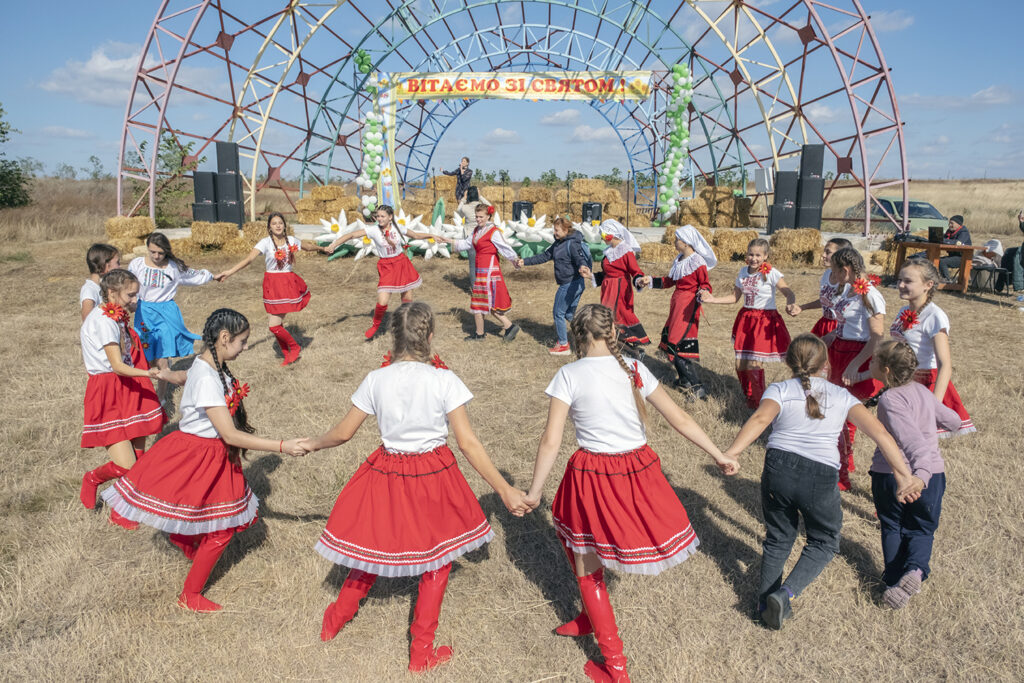
Gauging local attitudes to rewilding
Most of the Tarutino Steppe is protected as a landscape sanctuary, with some parts owned by the Borodino community and others in private ownership. Farming by community members takes place around the steppe on owned or rented land.
Following five years of steppe rewilding, the Rewilding Ukraine team recently conducted a social attitude study among Borodino community residents. A total of 47 people took part in a face-to-face survey in February and March, based on a comprehensive questionnaire. Interviewees comprised 18 public opinion leaders (local officials, community leaders, and small business owners and managers), 16 hunters, and 13 farmers.
“The aim of the study was to assess the attitudes of interviewees towards the rewilding of the steppe and surrounding areas, the return of wild herbivores such as kulan and deer, the development of a local nature-based economy, and to learn more about the level of poaching on the territory of the Borodino community,” explains Rewilding Ukraine rewilding officer Oleg Diakov. “Based on the results, our team can now take steps to further engage people, promote rewilding, and build even greater support for our rewilding efforts.”
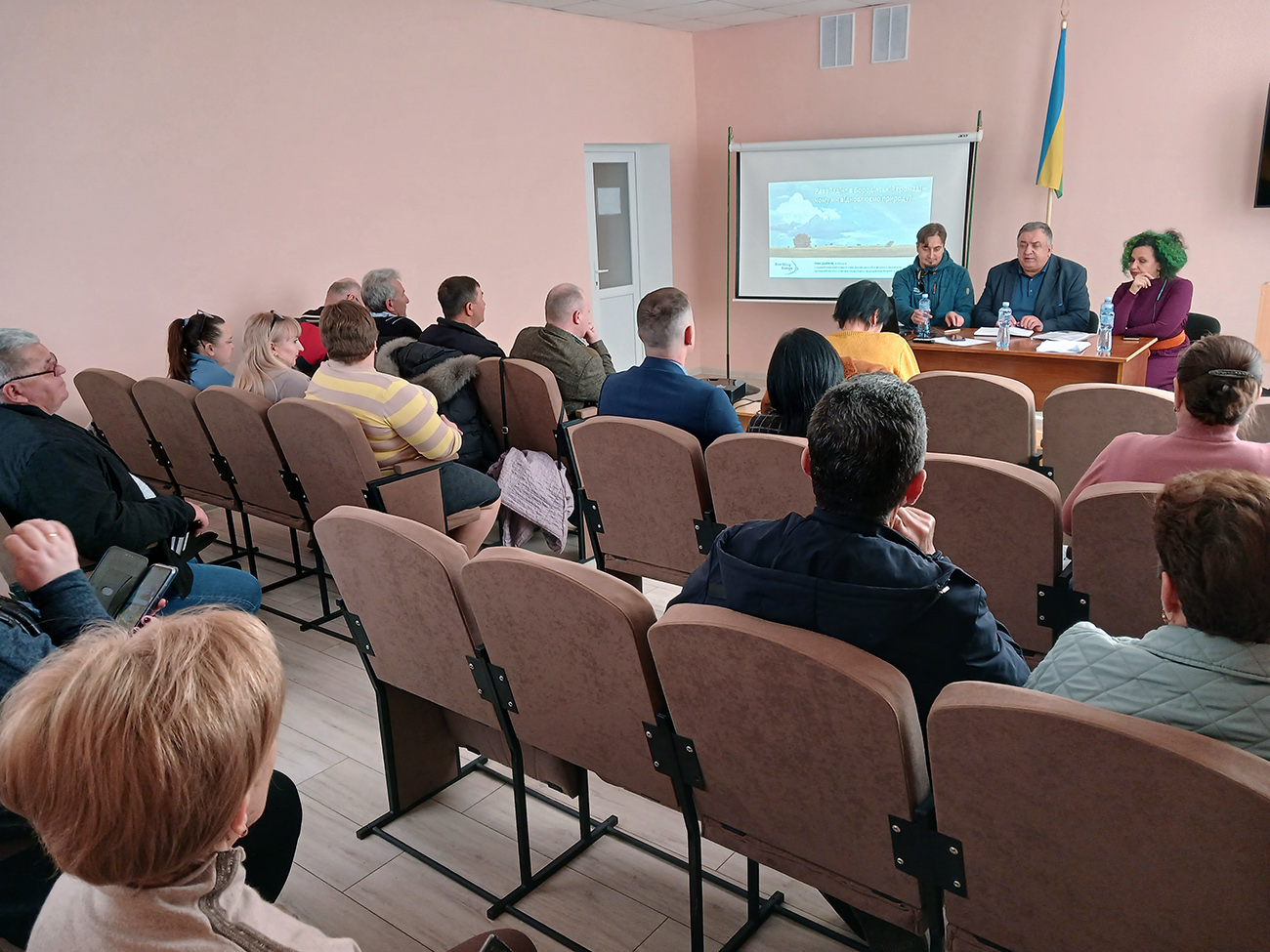
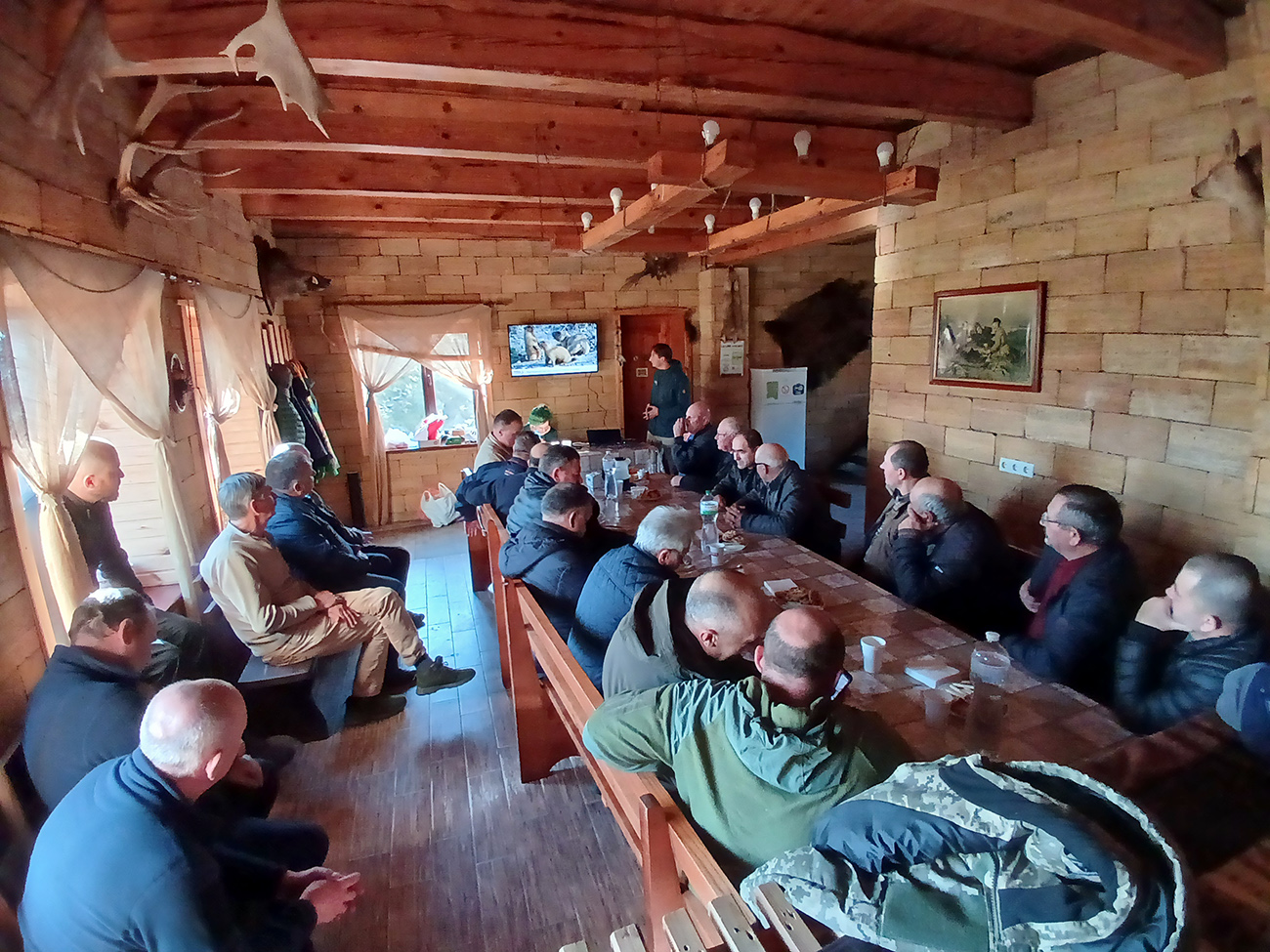
Widespread support for rewilding
Almost all of the Borodino community residents who took part in the study said they believed it was necessary to restore wildlife in and around the community – particularly on the Tarutino Steppe. The public opinion leaders were most in favour of this, with 94% stating it was very necessary.
“The team found that the public opinion leaders were the most informed about rewilding and the benefits it can deliver,” says Oleg Diakov. “This is good to know, as information can be disseminated effectively through them moving forwards. The study also showed that further clarification about the positive impact of free-roaming herbivores on the steppe among this group is still needed.
“In terms of hunters and farmers, the team need to carry out additional work to enhance engagement and mutual understanding, to identify the various needs of stakeholders, and to promote the value of rewilding,” adds Hanna Yatvetska, a sociological expert who helped to conduct the survey. “They will also work to promote the development of sustainable agriculture, including the cultivation of organic produce and the introduction of no-till farming.”
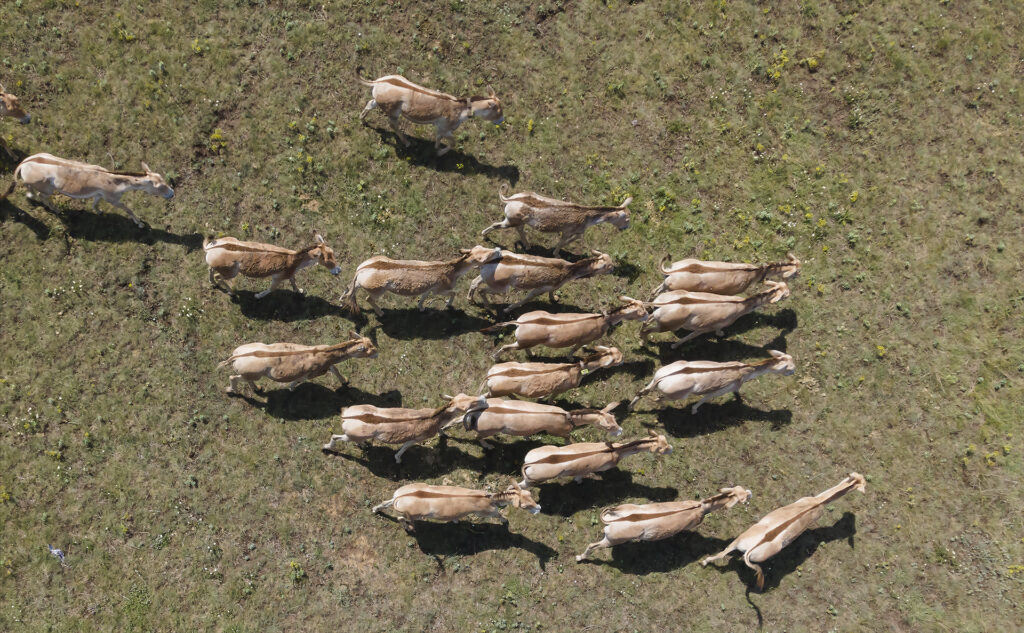
Scaling up: a new national park
The rewilding of the Tarutino Steppe shows what can be accomplished when nature is given the chance to recover. During 2023, the Rewilding Ukraine team, in conjunction with the community of Borodino and the Department of Ecology of Odessa, took important steps towards the creation of the Budzhak Steppes National Natural Park – a new national park that would encompass the Tarutino Steppe and adjacent yet unconnected areas of steppe. The designation of the park would give the highest level of protection to 9700 hectares of steppe landscape, allowing the restoration of key wildlife species such as kulan and small mammals to be scaled up. There is a possibility of expanding the park to include neighbouring communities in the future.
Having drawn up the design, zonation, and management of the park, the Rewilding Ukraine team also helped to oversee the administrative process for its creation. The relevant documents have been submitted by the Borodino community to the authorities, and are now being considered by the Ministry of Ecology and Natural Resources in Kyiv. The park will formally be established when the Ukrainian president signs an official decree.
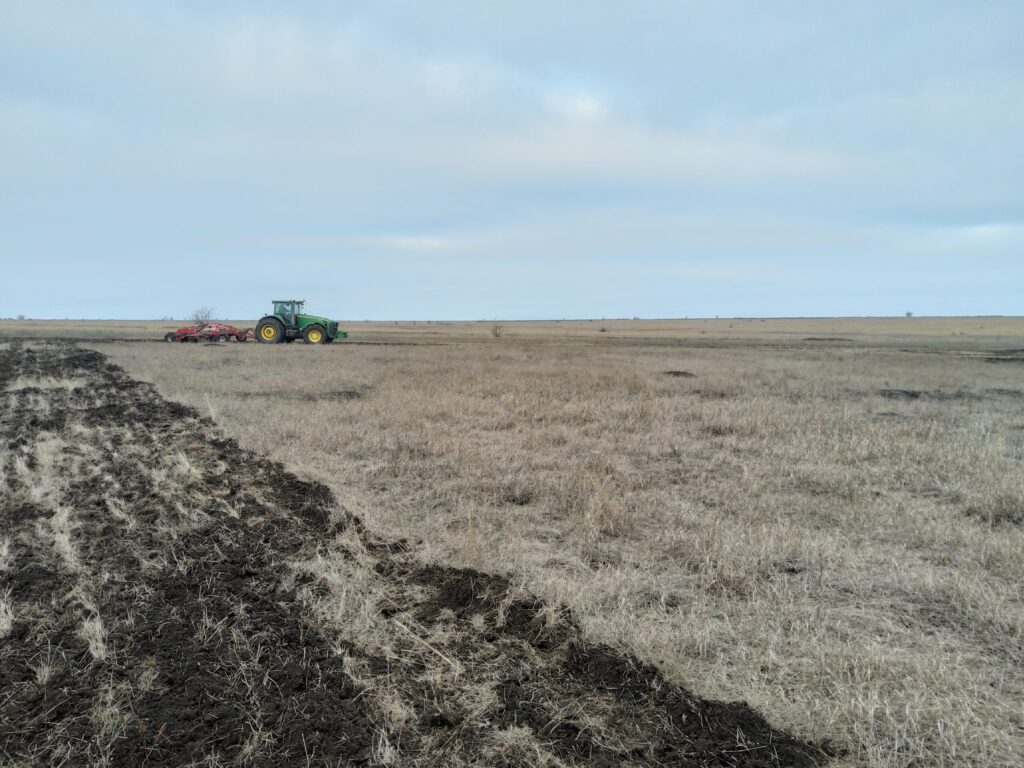
Enhancing nature-based benefits
The creation of the Budzhak Steppes National Natural Park will generate new jobs in Borodino and beyond, enable the further development of nature-based tourism, and support traditional forms of farming based on grazing and haymaking.
“The social attitude study showed that the Rewilding Ukraine team need to work together with the community to identify the best ways forward,” says Oleg Diakov. “As the nature conservation area expands, we need to minimise potential conflicts of interest between nature-based tourism and hunting, and between wildlife comeback and animal husbandry. The team will analyse the possibility of further developing various types of tourism in Borodino after the war with Russia has come to an end, based on rewilding and the enhanced natural value of the landscape.”
In the future, the preservation and restoration of the Tarutino Steppe will mean its enhanced natural resources can be used to recover other steppe ecosystems destroyed as a result of military operations in the south and east of Ukraine. The Rewilding Ukraine team is working to create a Steppe Wildlife Recovery Centre for this purpose.
